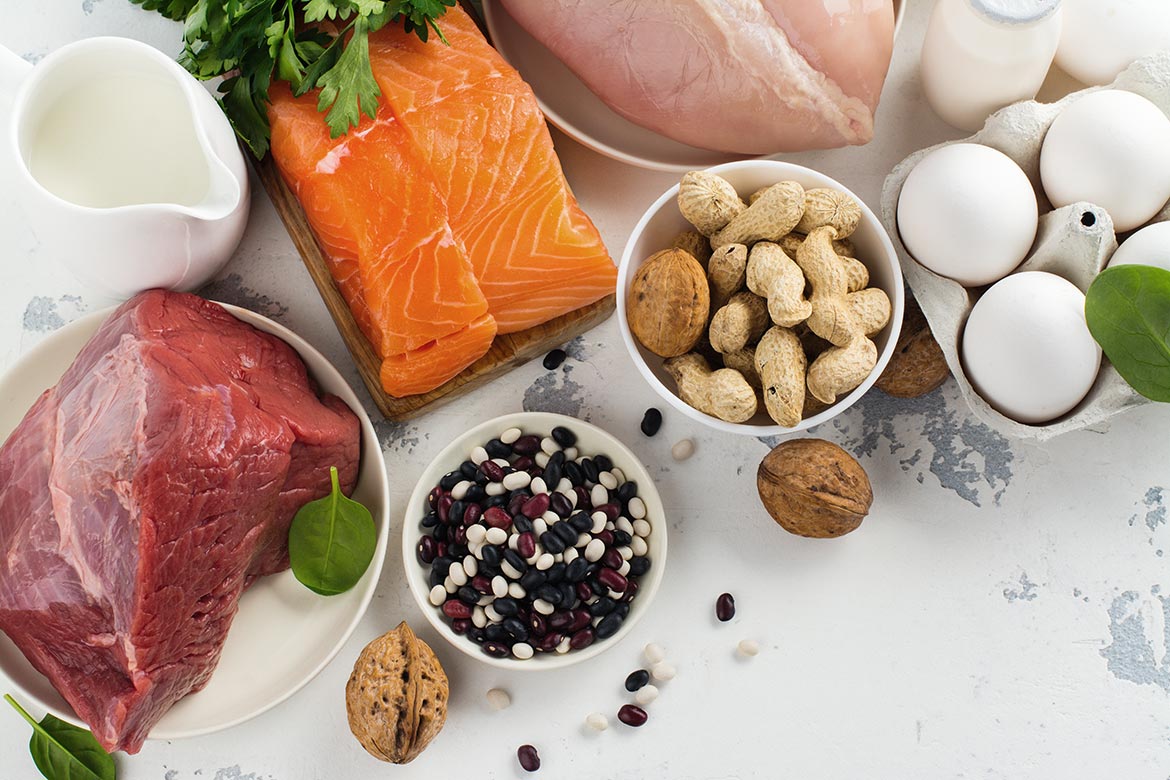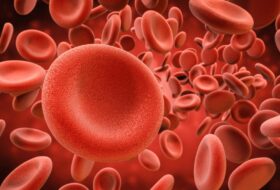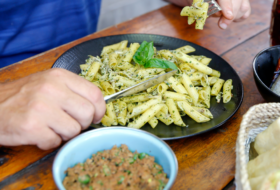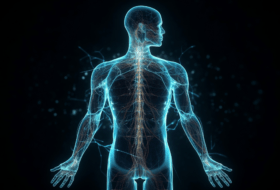Oliver is working hard to gets gains in strength and power so he can perform better. He is committing time in the gym and at training to this, and all he hears about it eating more protein! But what protein and where from? Protein is one of the main nutrients that makes up the foods that we eat. It is essential for everyone – especially athletes. It is fundamental for building and repairing the structure of muscle. Think of it like the bricks used to build a house, but with additional functionality. Let’s look at why protein is so important for athletes.
What is protein and why do we need it?
Protein is one of the major macronutrients (contributing energy). It is essential for anyone, and particularly important for athletes, who place greater stress on their skeletal muscle on a regular basis. In addition to supporting athletics performance protein plays a significant role in every day health. While protein is well known for building and repairing the structure of muscles, protein is also needed for good immune function, transporting nutrients like iron around our body, making red blood cells, for good skin, hair and nails, and to build many different enzymes, hormones and neurotransmitters that make our body function well.
Unlike fat and carbohydrate, we do not have large reserves of protein in our body – that we want to be using anyway. Most of it is tied up in skeletal muscle, and ideally we don’t want to be breaking our muscle down to access that protein store. That can happen in starvation situations when there is not enough energy or protein in our diet, and we try to avoid that.
Protein is made up of building blocks called amino acids. There are 20 different types of amino acids, eight of which are essential because our bodies cannot make them so we must get them from food. The remaining are non-essential amino acids, which our body can usually make from other nutrients we eat. Some of these can become essential under certain conditions, such as during periods of stress. Different combinations of these amino acids build the different proteins our body needs to stay healthy and function well.

Where do we get protein from?
Protein is found in a variety of animal and plant foods. Good food sources of protein include:
- Meat
- Poultry
- Fish and seafood
- Eggs
- Dairy products
- Nuts
- Seeds
- Legumes (e.g. beans, lentils, chickpeas and split peas)
- Wholegrains
Animal vs plant proteins
There are several ways to compare the quality of protein sources, and one commonly used is Biological value (BV). Biological Value reflects how efficiently our body uses that protein, and a higher BV implies a higher quality protein food. the BV score is influenced by many factors, including the presence of essential amino acids. Foods that contain all eight essential amino acids are called “complete” proteins, and are often from animal sources. Plant food sources of protein are usually “incomplete” proteins as they are often missing one or two of the essential amino acids – and can be combined with other plant food proteins (like rice and beans together in mexican food) to get the full set of essential amino acids.
Does this mean animal sources of protein are superior? Not necessarily – it is essential to consider the broader nutrition picture. We don’t need to, nor should we, aim to get all our essential amino acids from a single food or meal. With multiple eating opportunities throughout the day, the key is to consume a variety of protein sources.As you’ll learn from the experts at Fuel My Potential, eating many different source of dietary protein across meals ensures that you are getting not only all of the different amino acids, but also all of the other nutrients your body needs.
Bottom line
When your coach or trainer suggests developing more strength and power or gaining more muscle, or worries that you are missing trainings due to illness, it’s essential to reflect on your diet (and your sleep!). Consider whether you are eating enough energy, enough protein, and whether you have enough variety of protein sources in your diet to get all the different amino acids you need. Don’t fall into the trap of thinking that one source of protein (be it meat or protein powder) is superior to all others. Variety is key. Protein is an essential nutrient for all of us, especially those who are active and/or growing still.
Impress your coach your new knowledge about the different sources of protein and how they provide the nutrients you need to grow and get strong and fast. Protein is a source of energy and has lots of critical roles in our body, besides it’s essential role in building and repairing your muscles after those hard training sessions. Remember, adapting well to those training sessions is critical for peak performance, and good nutrition enables that.






